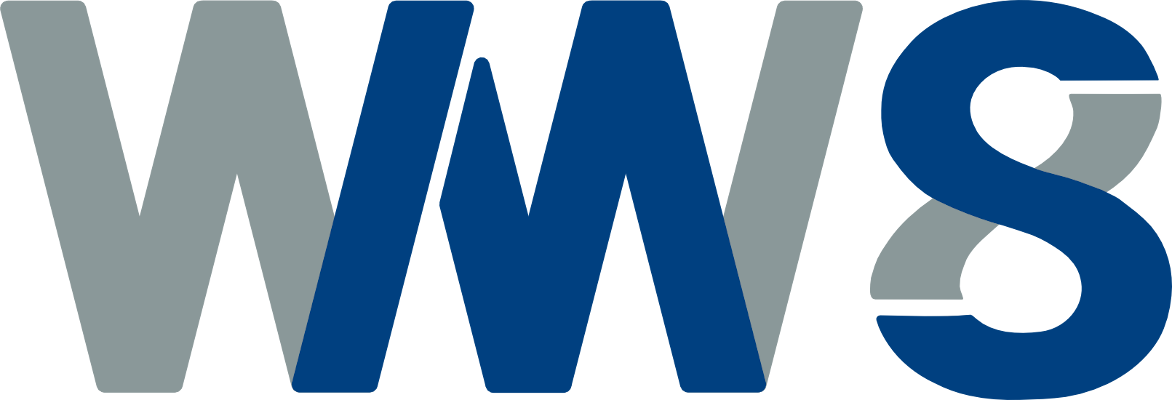
Institute of Materials Simulation
Website of the Institute of Materials Simulation
22. October 2019, 17.00
WW8, Room 2.018, Dr.-Mack-Str. 77, Fürth
Gradient nano-grained (GNG) materials have shown synergetic high strength and ductility due to their unique gradient microstructure, where the grain size changes from tens of nanometers in the surface region to tens of micrometers in the core. Based on their deformation mechanisms, a constitutive model is developed to describe the deformation behaviour of GNG materials and to offer a guidance for the design of their microstructures. The different strain hardening behaviors of nano-grained and ultra-fine grained/coarse-grained regions in GNG materials are correlated with the different mechanisms of dislocation microstructure evolution. The model successfully predicts the tensile response of a GNG copper bar and captures the inverse linear relation between strength and ductility typical of GNG materials. Then, a back stress model based on the dislocation pileup mechanism, which includes both grain size and grain size gradient, is developed to describe the cyclic deformation of GS materials. Finite element implementation of the established model quantitatively predicts the uniaxial tensile and cyclic loading-unloading responses of a GS copper bar as well as coarse-grained ones. It is found that although the back stress is much lower than the total strength of GS copper, it contributes about 40% to the strain hardening, thus is key to the considerable ductility of GS materials.
